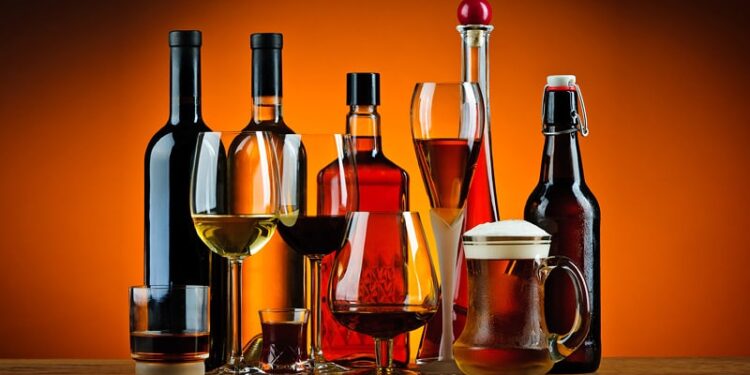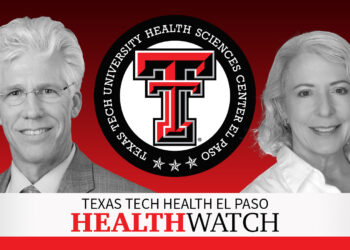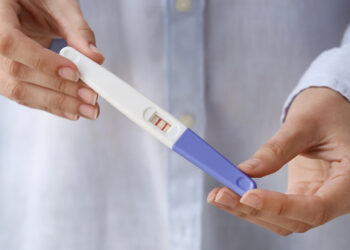Does drinking alcohol increase the risk for pancreatic cancer? Researchers have long suspected it does, but the evidence has remained inconsistent.
Now, a global study of more than two million people is firming up the case that a link exists.
The study, which pooled data from 30 prospective cohorts, found that daily alcohol intake was associated with a “modest” increased risk for pancreatic cancer in both women and men, regardless of smoking status.
However, the extent of the risk depended somewhat on how the researchers modeled alcohol intake. One model, which mapped continuous increases in alcohol consumption, suggested there is no safe dose of alcohol — any amount can increase the risk for pancreatic cancer, though only by 3% for every additional 10 g of alcohol per day or about two thirds of a standard drink.
The other model, which compared risk by alcohol volume categories, found that the risk does not become significant until a certain alcohol threshold — about two to three drinks per day for men and one to two for women.
Still, overall, “our findings provide new evidence that pancreatic cancer may be another cancer type associated with alcohol consumption, a connection that has been underestimated until now,” the study’s senior author Pietro Ferrari, PhD, head of the Nutrition and Metabolism Branch at International Agency for Research on Cancer, said in a statement.
The co-author Jeanine Genkinger, PhD, MHS, had a stronger take on the findings. “I think this shows that alcohol use is a robust risk factor for pancreatic cancer,” said Genkinger, associate professor, epidemiology, Columbia University Mailman School of Public Health, New York City, noting that even more moderate drinking levels— no more than one drink for women and two for men — might be enough to boost pancreatic cancer risk.
How Much of a Risk?
The latest data, published in PLoS Medicine, come at a time of increased attention to the alcohol-cancer link.
Earlier this year, then-US Surgeon General Vivek Murthy, MD, issued an advisory calling for cancer warnings to be added to alcohol labels. Major cancer organizations have determined alcohol to be an established risk factor for seven cancer types : those of the oral cavity, larynx, pharynx, esophagus, liver, breast, and colon/rectum.
Despite the strong suspicion that drinking alcohol also contributes to pancreatic cancer risk, this aggressive cancer has not yet made the official list.
The major reason is that the evidence surrounding an alcohol-pancreatic cancer link has been deemed “inconsistent,” “suggestive,” and “inconclusive” by expert panels. Studies have been hampered by difficulties separating alcohol use from smoking — a known risk factor for pancreatic cancer — as well as varying findings by alcohol type and geographic location. In addition, certain studies highlighting a link have indicated that any association between alcohol and pancreatic cancer is driven only by more extreme drinking habits — more than four drinks a day, and sometimes as high as nine drinks.
The latest analysis, Genkinger said, helps clarify uncertainty surrounding the alcohol-pancreatic cancer link, which is especially important for “a disease where we don’t have that many modifiable risk factors.”
The findings are based on cohorts spanning four continents, all part of the Pooling Project of Prospective Studies of Diet and Cancer. Just under 2.5 million cancer-free participants were recruited between 1980 and 2013 (median age, 57 years), of whom 70% were alcohol drinkers, 47% were never-smokers, and 64% were alcohol drinkers and never smokers. Most study participants were from North America (60%), followed by Europe or Australia (32%) and Asia (8%).
Alcohol intake was modeled in two ways: continuously for every 10 g/d increase and by volume threshold, using 0.1 to < 5 g/d as the reference for nondrinkers. For context, in the US, the amount of alcohol in a standard drink is defined as 14 g of pure alcohol — equivalent to a 12-ounce can of regular beer, a 5-ounce glass of wine, or a 1.5-ounce shot glass of distilled spirits.
Over a median of 16 years, the researchers observed 10,067 incidents of pancreatic cancers.
In the continuous model, the risk for pancreatic cancer rose by 3% for every additional 10 g of alcohol consumed per day (hazard ratio [HR], 1.03; 95% CI, 1.02-1.04). This association remained consistent and significant among women and men (HR, 1.03 for both), current smokers (HR, 1.03), former smokers (HR, 1.02), and never-smokers (HR, 1.03), and across cohorts from Australia, Europe, and North America (HR, 1.03 for all), though not Asia (HR, 1.00).
The research team also found evidence that the type of alcohol mattered: Alcohol from beer and liquor/spirits was associated with a significantly increased risk for pancreatic cancer (HR, 1.02 and 1.04, respectively) but alcohol from wine was not (HR, 1.00). This finding is in line with some previous studies suggesting that wine may have a different relationship with cancer risk compared with other alcoholic beverages.
But Genkinger pointed out, this finding could “reflect the ways in which people tend to drink different types of alcohol.”
Wine, she noted, is often part of a meal, and people who favor wine may be less likely to binge drink than those who typically choose other types of alcohol. This study, however, did not survey participants about specific drinking patterns, including binge-drinking.
In the threshold model, however, the increased risk only became significant once alcohol intake reached a certain level. For women, drinking one to two standard drinks per day raised their risk for pancreatic cancer by 12% compared with little to no drinking. For men, the threshold was a little higher: Consuming two to four drinks a day was associated with a 15% increase in risk, whereas drinking more than that was tied to a 36% greater risk.
Overall, this research contributes to the growing body of evidence that pancreatic cancer should be added to the official alcohol-cancer risk list, according to Alison Klein, PhD, MHS, professor of oncology, pathology, and epidemiology, at Johns Hopkins School of Medicine, Baltimore, who was not involved in the research.
Having the Conversation
The recent Surgeon General’s advisory encouraged clinicians to inform their patients that drinking is a cancer risk factor — something unknown to most Americans, according to recent survey findings.
“I think this study is a good reminder to all of us to talk to our patients about their alcohol use,” said Edward Thomas Lewis III, MD, an addiction psychiatrist and clinical assistant professor at the Medical University of South Carolina, Charleston, South Carolina.
Providers can take opportunities for those discussions during routine care, such as when prescribing a medication that can interact with alcohol or when a patient’s health condition, such as high blood pressure or heart disease, can be exacerbated by drinking.
“I think these are opportunities to really remind people about moderation,” Lewis said, “and to talk about some of the individual risk factors that may cause someone to make changes related to their drinking.”
It’s also possible that drinking might interact with certain genetic variants to modify pancreatic cancer risk — an avenue Klein and colleagues are exploring.
What’s challenging, Lewis said, is advising patients on what level of drinking is “Okay,” given that even lower levels of alcohol consumption — around one to two drinks per day — may carry some risk.
“There is no zero-risk alcohol use,” Lewis said. But, he added, people do not necessarily have to abstain to see benefits, either. “So it may be that a patient, at the end of the day, is able to reduce their alcohol consumption by two or three standard drinks over a given week. That still has a positive net effect,” he said.
Another challenge is patients often don’t know what a “standard drink” looks like and can underestimate how much they drink. Showing patients visual examples — such as these — can be an eye-opener, Lewis said.
Given the associations between drinking alcohol and many health outcomes, Genkinger said, it’s important for clinicians to discuss alcohol use, just as they would discuss physical activity and healthy body weight.
“These are all lifestyle factors that have an impact on numerous disease outcomes, not only pancreatic cancer,” she said.
Source link : https://www.medscape.com/viewarticle/alcohol-and-pancreatic-cancer-new-evidence-about-risk-2025a1000jzi?src=rss
Author :
Publish date : 2025-07-29 11:15:00
Copyright for syndicated content belongs to the linked Source.











